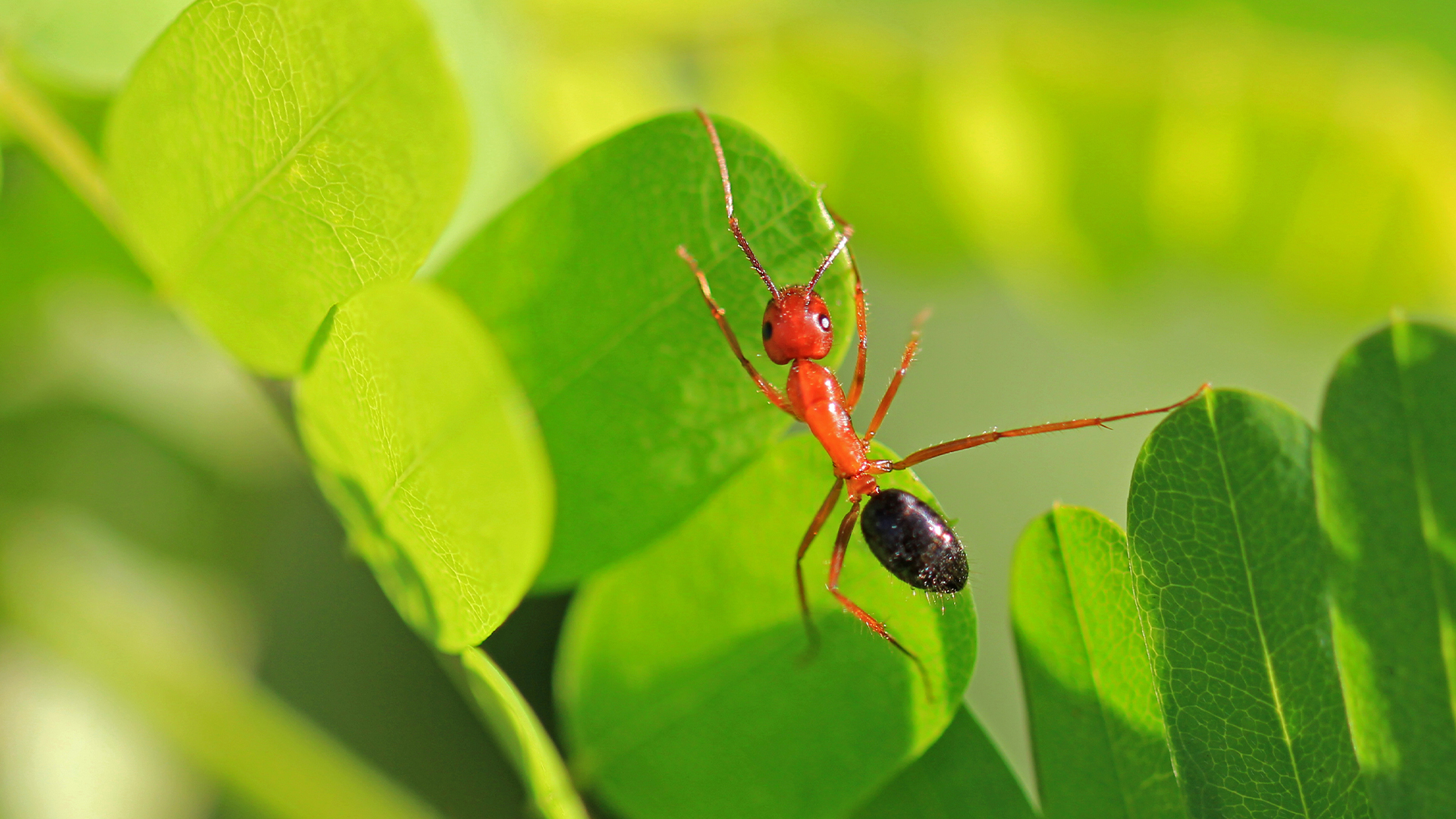
Sneha Khedkar
Sneha Khedkar is a biologist-turned-freelance-science-journalist from India. She holds a master's degree in biochemistry and a bachelor's degree in microbiology and biochemistry. After her master's, she worked as a research fellow for four years, studying stem cell biology. Her articles have been published in Scientific American, Knowable Magazine, and Undark, as well as several Indian platforms such as The Hindu and The Wire Science, among others. Besides writing, she enjoys a good cup of tea, reading novels and practicing yoga.
Latest articles by Sneha Khedkar

Malaria drug may treat root cause of PCOS, early study hints
By Sneha Khedkar published
A study in humans and lab animals suggests that an antimalarial drug might treat the root cause of PCOS symptoms.

Does the brain flush out toxins while you sleep?
By Sneha Khedkar published
As we sleep, the brain rids itself of waste built up throughout the day. But how?
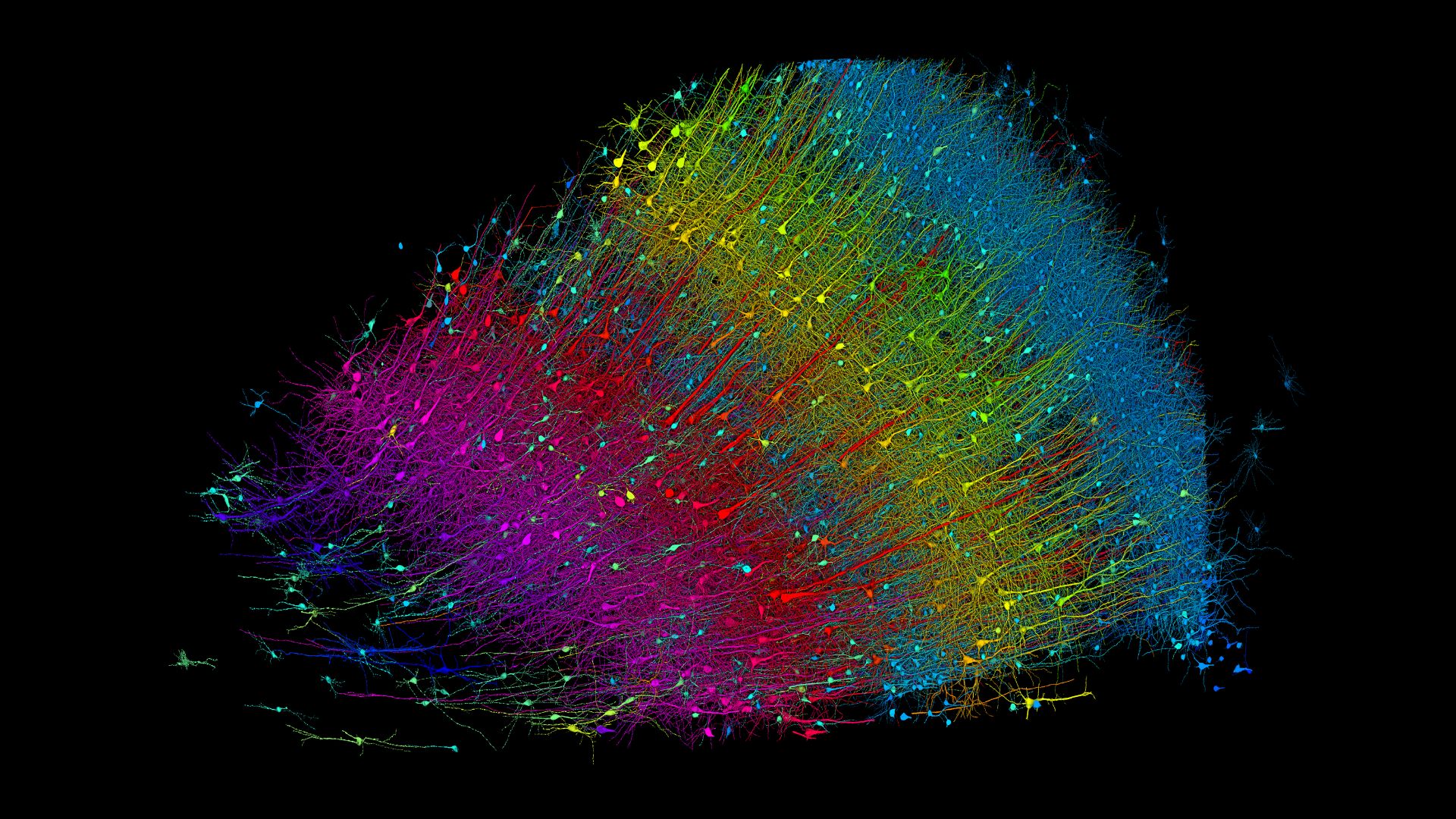
New 3D map charted with Google AI reveals 'mysterious but beautiful' slice of human brain
By Sneha Khedkar published
Harvard and Google researchers have collaborated to map a tiny fragment of an adult human brain in unprecedented detail.

CRISPR can treat common form of inherited blindness, early data hint
By Sneha Khedkar published
In a small trial, some people with inherited vision loss experienced improvements in their sight after being treated with CRISPR.
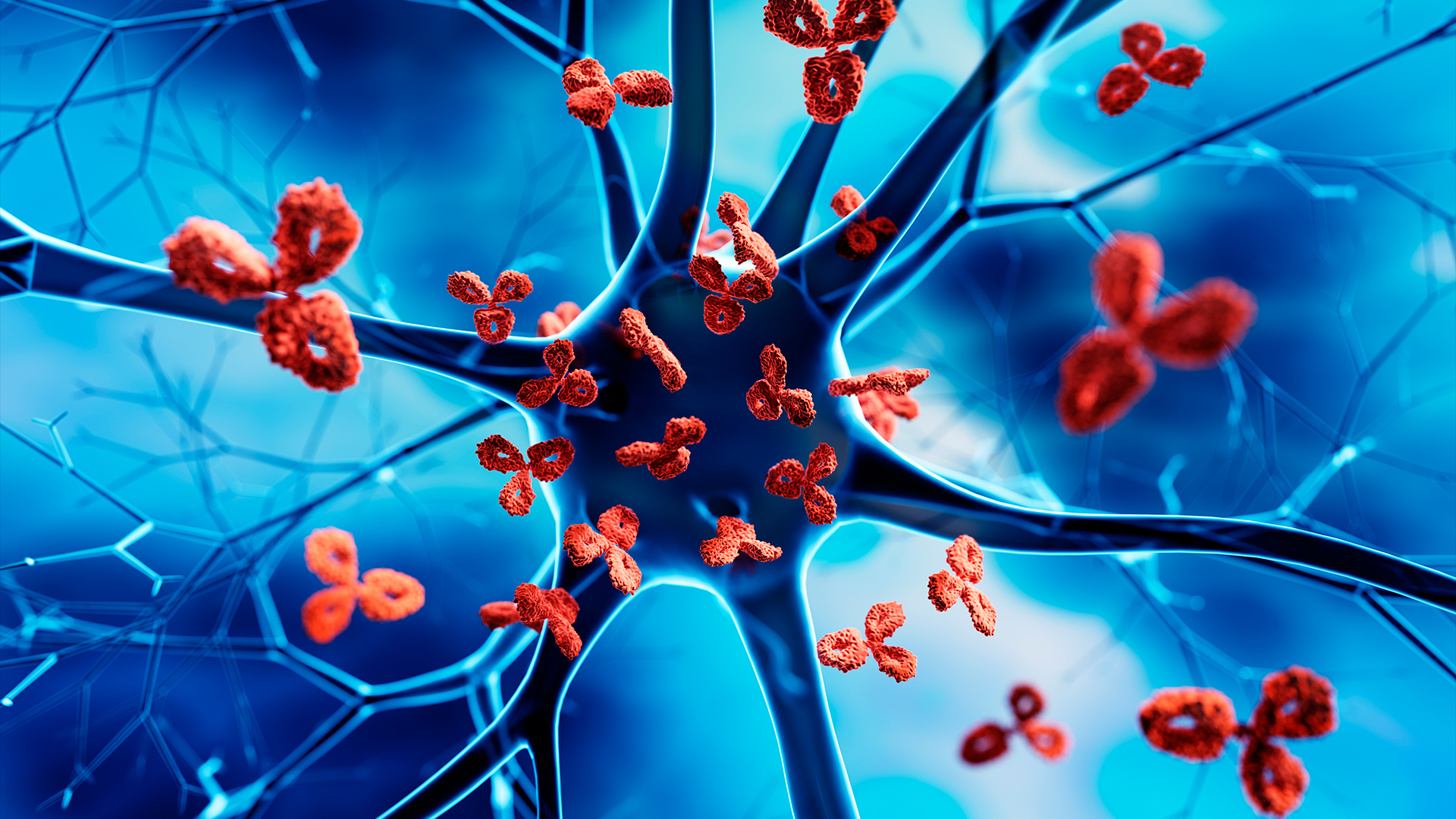
1st-of-its-kind Parkinson's treatment may slow aggressive disease, trial hints
By Sneha Khedkar published
A new antibody drug for Parkinson's disease appears to slow the progression of its movement-related symptoms, at least in some patients.
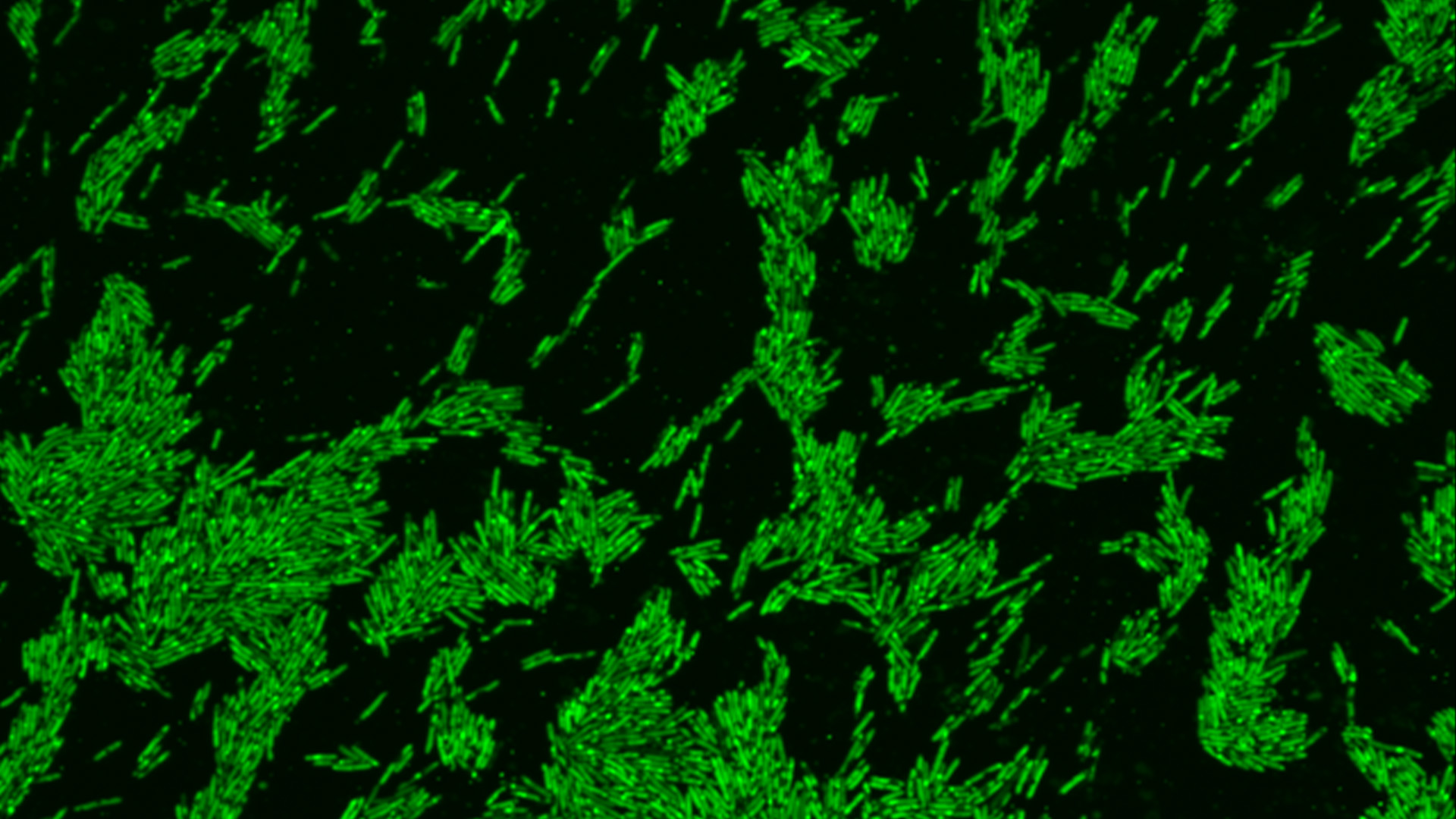
Cholesterol-gobbling gut bacteria could protect against heart disease
By Sneha Khedkar published
Certain microbes in the gut microbiome may guard against heart disease by lowering people's cholesterol.
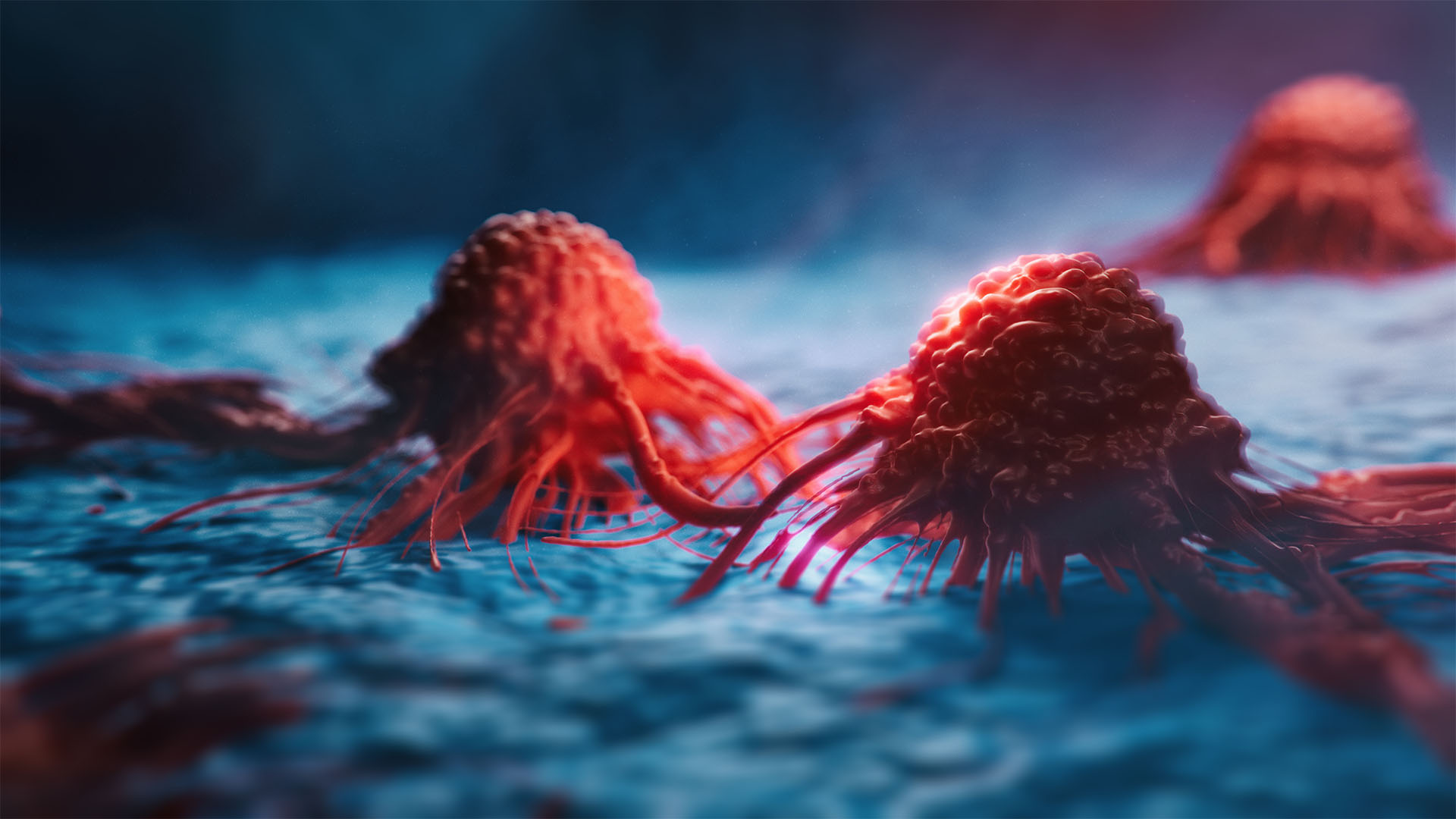
'Very concerning': Microplastics can accumulate in cancer cells and may help them spread, study hints
By Sneha Khedkar published
An early lab-dish study in cancer cells suggests microplastics can persist through cell division and may contribute to cancer spread, when they're in tumors.
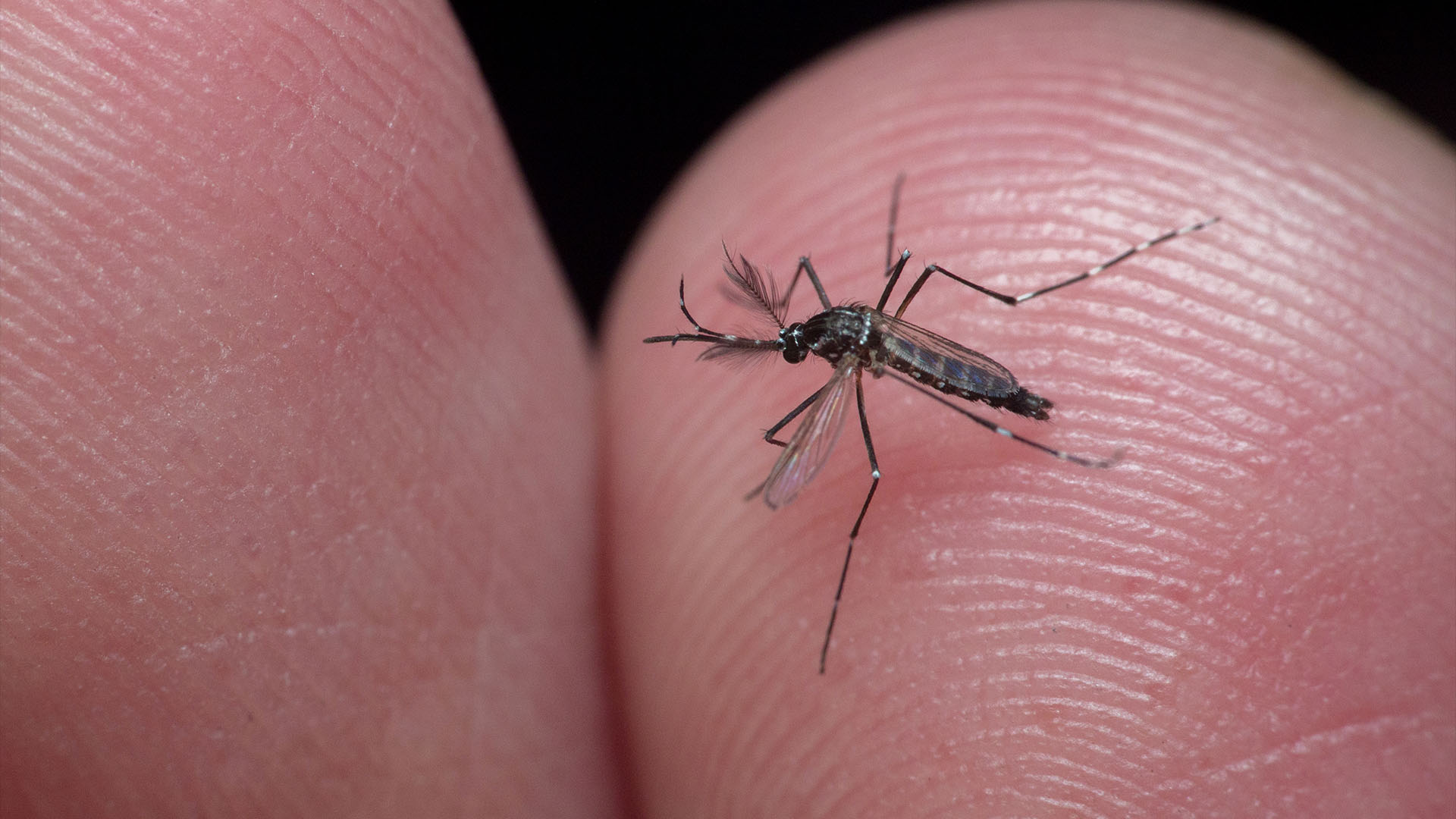
The skin microbiome could be harnessed as mosquito repellent, study hints
By Sneha Khedkar published
In a lab study, scientists demonstrated that tweaking the makeup of the skin microbiome could theoretically help repel mosquitoes.
Sign up for the Live Science daily newsletter now
Get the world’s most fascinating discoveries delivered straight to your inbox.

